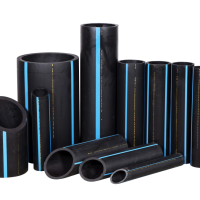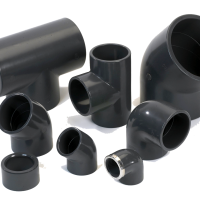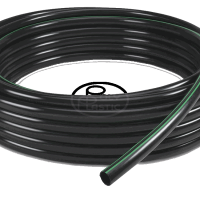Description
Application Areas
It is possible to list the prominent features of HDPE films, which are technically close to perfection, as follows:
- The service life is very long,
- Corrosion resistance is quite high,
- Fatigue resistance is at a good level,
- Easy to install,
- Highly sensitive to the environment,
- Suitable for use between -50 °C and +60 °C,
- Resistant to combustion.
Pipes are used in the installations of structures and in infrastructure processes.



